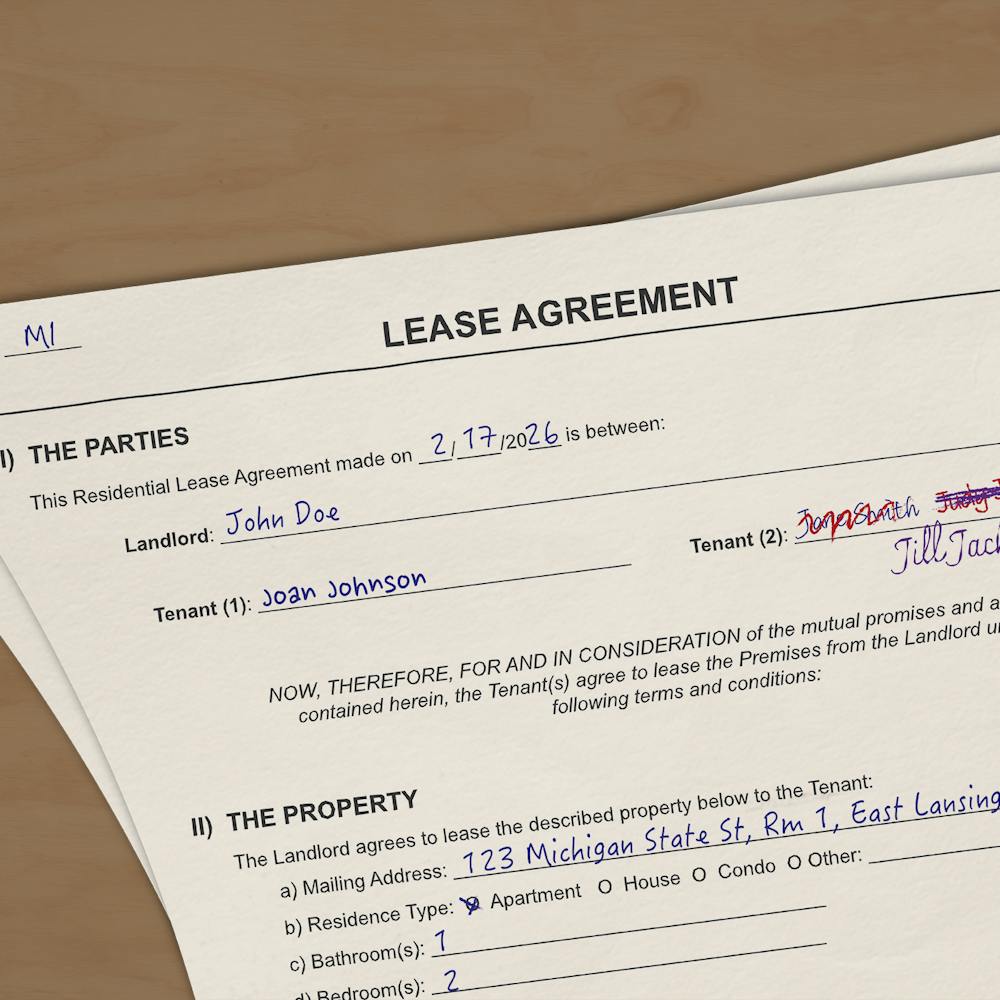Correction: Gov. Jennifer Granholm defeated Dick DeVos by 14 percentage points, not by a 14 percent margin.
When Dick DeVos began airing television ads nearly nine months ago, he had one goal in mind — to become the next governor of Michigan.
Instead, DeVos was soundly defeated by Gov. Jennifer Granholm last Tuesday by a 14 percent margin.
With the election finished and campaigning behind him, DeVos finally has time to rest, campaign spokesman John Truscott said.
But what's next for the millionaire is unclear. Will he go back to the business world or turn to philanthropy? Or do something else altogether?
"He took his daughters back to school (Thursday). They had taken about a week or so off from college," Truscott said. "He doesn't have any plans right now. He's just going to spend some time with his family and vacation."
DeVos' spokespeople and political watchers don't seem to know what he'll do next. But what is clear is that he waged an aggressive campaign and spent record-breaking amounts of money in the process.
The Dick DeVos for Governor committee spent more than $55 million on DeVos' campaign, most of which came from individual and private-company contributions.
DeVos, whose wealth is estimated at more than $500 million, spent more than $35 million from his own pocket on the campaign, said Rich Robinson, a financial analyst with the Michigan Campaign Finance Network, a nonprofit government watchdog group.
"(DeVos) has a record, and I don't think he was able to overcome that despite a heavily funded campaign," Robinson said. "He has a long record as an interest-group lobbyist, on all kinds of tax, but particularly inheritance."
Largely self-funded campaigns are not generally successful because they often reflect a narrow support base, Robinson said.
Despite record spending for a Michigan gubernatorial race, Robinson said DeVos lost to an incumbent who raised less than one-third of what he did.
MSU political campaigns expert Charles Atkin said DeVos made strategic mistakes in the way he executed his campaign.
While DeVos started his campaign early and was able to garner name recognition, Atkin said the Republican candidate's advertising approach backfired.
"For a candidate like DeVos, positive ads would help him to be recognized. They help to identify that he has positive ideas and qualities," Atkin said.
"The proportion of positive ads and negative ads was very skewed," he added. "Candidates have to be very careful because (negative ads are) a risky form of persuasion. They wear out much faster."
In addition, DeVos appeared in many of the negative ads, which is uncommon for candidates, Atkin said.
"Candidates are hesitant to do that because it reflects poorly on them. The message can be portrayed through the use of an average voter or someone like that," Atkin said.
In a post-campaign twist, positive ads promoting Amway Corp. — the company DeVos used to run as CEO — began airing last Monday on WSYM-TV, FOX 47, Lansing, said Lyle Schulze, the station's general manager.
The ads will continue until Sunday and were paid for by Alticor Inc., the parent company of Amway.
The ads feature a medley of employees saying, "I am Amway." Throughout the campaign, Granholm accused DeVos of outsourcing Amway jobs to China when he ran the company.
The Associated Press reported the ads are the first that Amway has run in the United States in 20 years.






